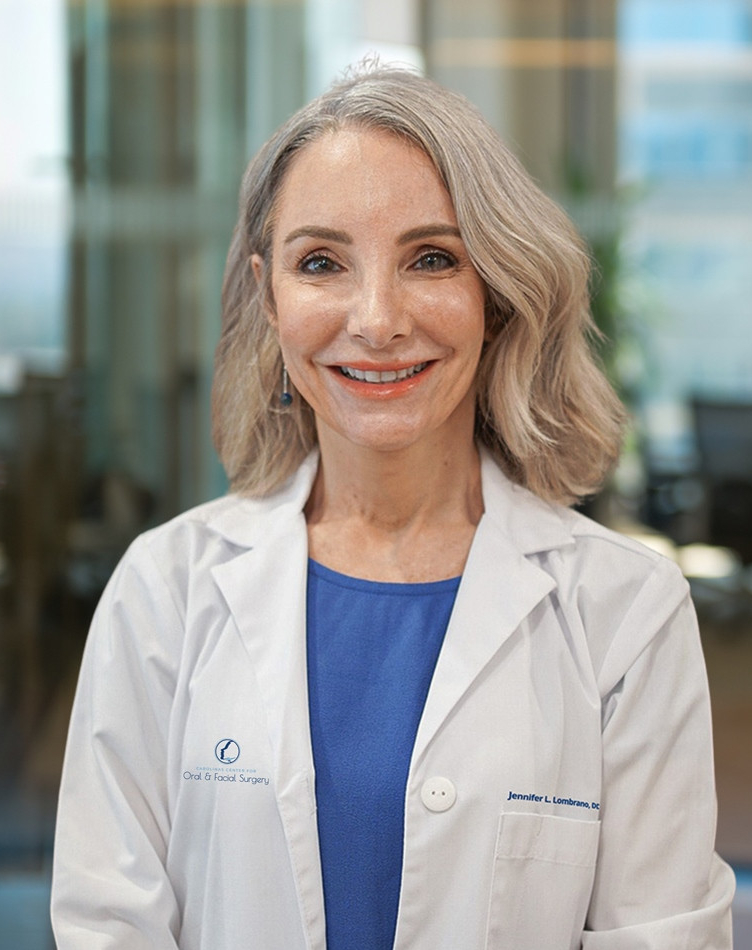Pinehurst’s Dental Implants Practice of Choice
The Carolinas Centers for Oral & Facial Surgery is known throughout the region as a leader in oral healthcare. Our specialists provide quality care with service that excels in industry standards. We are here to meet your dental needs using advanced surgical techniques and state-of-the-art technology.








